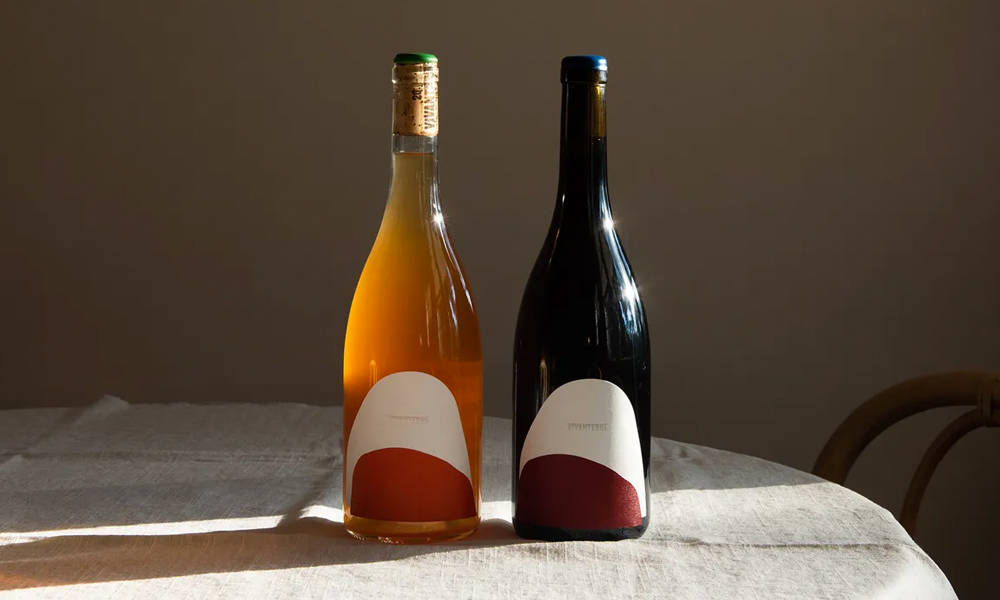Italy, known for its rich winemaking heritage, has embraced the natural wine movement with fervour, producing a captivating array of natural wines that showcase the country’s diverse terroirs and traditional winemaking techniques. From the rolling hills of Tuscany to the volcanic soils of Sicily, Italian natural wines embody a deep connection to the land and a commitment to minimal intervention. In this article, we will explore some of the notable types of Italian natural wine brands, each with its unique characteristics and regional identity.
Chianti Classico
Nestled in the heart of Tuscany, Chianti Classico wines are renowned for their elegance and versatility. Made primarily from Sangiovese grapes, natural wines online offer vibrant acidity, ripe fruit flavours, and earthy undertones. The winemakers emphasize organic and biodynamic farming practices, allowing the true expression of the region’s limestone-rich soils and Mediterranean climate.
Barolo
Hailing from the prestigious Piedmont region, Barolo is often referred to as the “King of Wines.” Crafted from Nebbiolo grapes, Barolo natural wines are known for their complexity and age-worthiness. Winemakers in this region focus on minimal intervention, using native yeasts and traditional aging methods. The resulting wines exude powerful aromas of roses, cherries, and truffles, accompanied by firm tannins and a lingering finish.
Etna Rosso
On the volcanic slopes of Mount Etna in Sicily, Etna Rosso natural wines thrive in unique growing conditions. The volcanic soils, high altitudes, and cooling sea breezes contribute to the wine’s distinctiveness. Made primarily from Nerello Mascalese grapes, Etna Rosso wines display a combination of delicate red fruit, minerality, and a touch of smokiness. These wines often exhibit a remarkable balance between acidity, tannins, and finesse.
Soave
Produced in the northeastern region of Veneto, Soave natural wines showcase the potential of the Garganega grape. Winemakers in this area embrace organic farming and minimal intervention, resulting in wines that capture the essence of the volcanic soils and the cool climate. Soave natural wines are characterized by crisp acidity, citrus flavours, floral notes, and a lovely texture that lingers on the palate.
Aglianico del Vulture
Hailing from the southern region of Basilicata, Aglianico del Vulture natural wines captivate with their robust and structured profiles. The Aglianico grape, cultivated in the volcanic soils of Mount Vulture, produces wines with intense dark fruit flavours, firm tannins, and a distinctive mineral character. These wines often benefit from aging, revealing layers of complexity and elegance over time.
Vernaccia di San Gimignano
From the picturesque hills of Tuscany, Vernaccia di San Gimignano natural wines offer a refreshing and unique expression. Made from the Vernaccia grape, these wines are characterized by vibrant acidity, citrus aromas, and a distinct mineral backbone. The winemakers employ organic farming practices and minimal intervention, resulting in wines that showcase the terroir and the grape’s inherent characteristics.
Italian natural wines encompass a remarkable diversity of styles, each reflecting the unique terroir and winemaking traditions of its respective region. From the iconic reds of Tuscany and Piedmont to the volcanic whites of Sicily, these wines capture the essence of Italy’s varied landscapes and its winemakers’ commitment to sustainability and minimal intervention. Exploring the world of Italian natural wines is an opportunity to taste the rich tapestry of flavours, aromas, and textures that this beloved winemaking country has to offer. So, raise a glass and embark on a journey through the diverse and captivating world of Italian natural wines.



